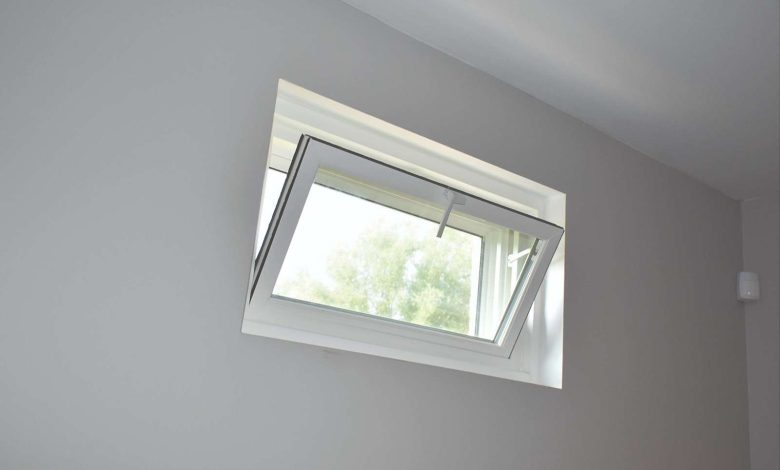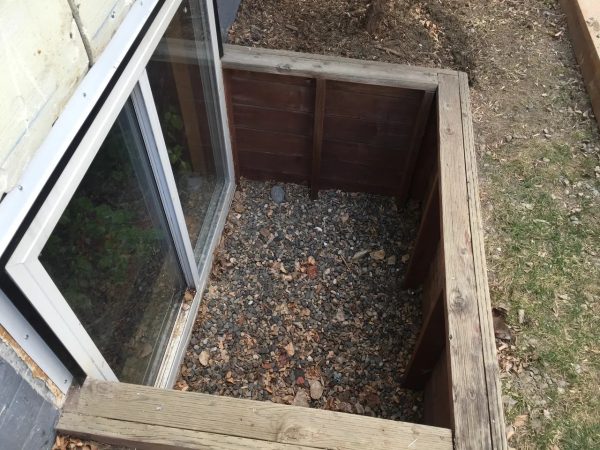Are basement windows different from regular windows?

Basement windows are one of the most important features of your home. They’re functional additions that allow you to let in natural light and fresh air without letting out heat or humid air. So, it’s no surprise that many homeowners want their basement windows to be as efficient as possible. But what makes a basement window different from a regular window? Here’s how to tell them apart. The article is presented by houseilove.com.
Function
Basement windows are smaller than regular windows, which means you can’t look out as far. Basement windows are also usually lower than regular windows because they’re located in the basement and not on higher floors of a building. These smaller and lower openings make it harder to see outside your house when you have a basement window installed. The replacement steel frame basement windows are also different than regular windows because they don’t open as wide.
Basement windows are often shorter in height than other types of floor-to-ceiling windows because they’re installed at ground level or below ground level on an exterior wall. They aren’t as tall as normal floor-to-ceiling or second-story windows because there’s no need for them to cast light into rooms above them since there’s nothing above them to be lit up!

Size and shape
Regular windows are the same size and shape throughout the world. They’re typically less than 3 feet wide by 10 inches tall, which is small enough to be considered a “window” but would barely fit through most doorways. Basement windows, however, are much larger than regular ones—typically between 20-40 square feet of window area.
Basement windows can come in many different shapes and sizes because there’s no one standard for them around the world (although we’ll get into that later). Some people only put small panes of glass in their basement windows because they don’t want to pay for insulation; others let sunlight pour into their basements every day with large panes that reach almost floor-to-ceiling on both sides of the wall; still, more will install skylights or other types of lighting solutions that allow natural light to flood into even dark corners of their home’s basement level.
Glass type
You may have heard the terms “single-pane” and “double-pane” when discussing basement windows. In reality, these terms refer to the number of sheets of glass in each unit instead of referring to the type of glass used in your window.
Single-pane windows are made with one sheet of glass that acts as both an insulator and a barrier from outside elements such as weather and noise. Double-pane windows use two sheets of glass with air between them for better insulation value and soundproofing ability (sound waves cannot pass through this gap).
Materials
One of the main differences between basement windows and regular windows is the type of materials used in their construction. Most interior basement windows are made from vinyl, which is a cost-effective and durable material that can withstand moisture in basements. Vinyl windows also have thermal properties that help keep your home warm in winter and cool in summer. If you have an older home with wooden or aluminum frames, you might consider replacing these with modern vinyl frames to get better energy efficiency results.
Vinyl will last longer than other materials because it doesn’t rust or corrode as easily as metal. It’s also easier to clean since there aren’t any small holes where water could seep through and that same lack of holes makes it hard for insects such as termites to find their way inside your house!
Features
Basement windows are designed to let light into a basement but can also function as emergency exits. Basement windows are often installed in the floor or ceiling of a basement and are hinged or sliding. They are typically used to let light into a basement but also allow for egress when necessary. Basement windows may consist of two panes of glass separated by an air space that allows more heat to escape than double-paned windows do.
You might think that because these openings face earth or concrete, they would be more vulnerable to weather damage such as condensation and corrosion, but this isn’t always true because basements with high humidity levels tend not to have problems with condensation on their window frames. The main thing you’ll want to look out for is whether your home faces east or west. This can make all the difference!
Conclusion
Basement windows are not different from regular windows. They work the same way and have the same functions as their non-basement counterparts. The only difference is that they are designed to be used in basements or other areas where there isn’t much natural light coming through because of their location underground or below ground level (like an attic).




